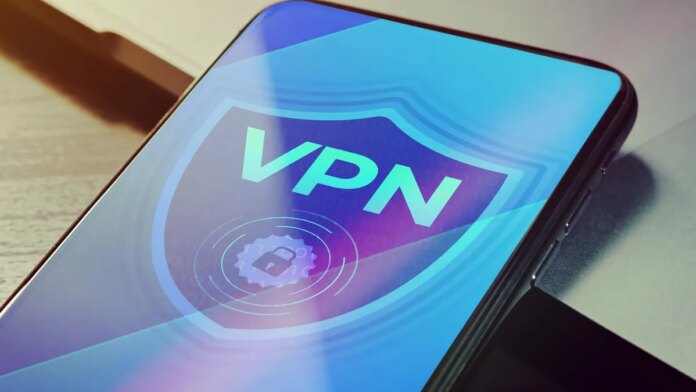Free is sweet, till it is not. In a research of greater than 800 free digital personal networks, a cybersecurity crew discovered that almost two-thirds relied on weak encryption and put client information and privateness in danger. the investigation by Zimperium zLabs, a cellular safety firm, examined VPNs for each Android and iOS and located that a whole bunch provided no actual privateness, required dangerous permissions, leaked private information, and used outdated and weak code.
Zimperium zLabs stated these points are very problematic for corporations with “convey your individual gadget” insurance policies.
“These cellular VPN purposes, even the preferred ones, can grow to be the weakest hyperlink in a company’s safety posture, exposing delicate enterprise information to pointless dangers,” the report says.
What is a VPN?
In concept, a VPN (brief for digital personal community) is software program that encrypts information transmitted over your laptop’s community connection. Your Internet site visitors is routed by way of a protected server in a distant location earlier than being despatched to the web site or utility you are attempting to entry.
This encryption prevents your ISP from realizing the web sites and apps you might be utilizing, and web sites and apps cannot know who your ISP is, bettering your on-line privateness. It can be a technique to disguise your bodily location, which many Internet customers reap the benefits of to entry companies that may not in any other case be accessible of their nation or state.
Best VPN service for 2025: Our prime picks in a good race See on Cnet
Phishing assaults and screenshots
Zimperium zLabs found that some problematic VPNs might seize UI screenshots, taking photos of what you see in your display screen. That might embrace delicate emails, information and pictures.
The analysis additionally discovered that some VPNs had been weak to initiating insecure actions, which means attackers might bypass the gadget’s safety controls. This might depart your system open to phishing, disable encryption, or make it appear as if a VPN is energetic when it isn’t.
The Zimperium report additionally recognized problems with permission abuse. Granting an excessive amount of permission can permit criminals to do issues like add or delete accounts, change passwords, or acquire entry to different companies with out passwords.
Another downside was the transparency of the VPN. Several iOS VPN apps failed to satisfy Apple’s necessities that builders should state how buyer information might be used and justify how and why they entry delicate information.
Zimperium discovered that 25% of the VPN apps it examined didn’t embrace legitimate privateness manifestos. As a outcome, customers could possibly be prone to being topic to profiling, re-identification or monetization.
‘Be extremely cautious’
CNET senior author Attila Tomaschek warns that anybody contemplating a free VPN “needs to be extremely cautious” and browse the nice print.
“It’s essential to verify the supplier’s privateness coverage to find out how the corporate handles your information,” Tomaschek says. “If the corporate shares or sells your information to advertisers, information brokers, or different third events, or retains logs of your on-line exercise, search for a distinct VPN.”
Tomaschek recommends utilizing a VPN with a free plan sponsored by a paid premium subscription tier.
“With a strictly free VPN, you’re the product,” he says. “The solely free VPN CNET recommends is Proton VPN’s free tier, which is backed by the corporate’s premium merchandise and does not compromise privateness.”

